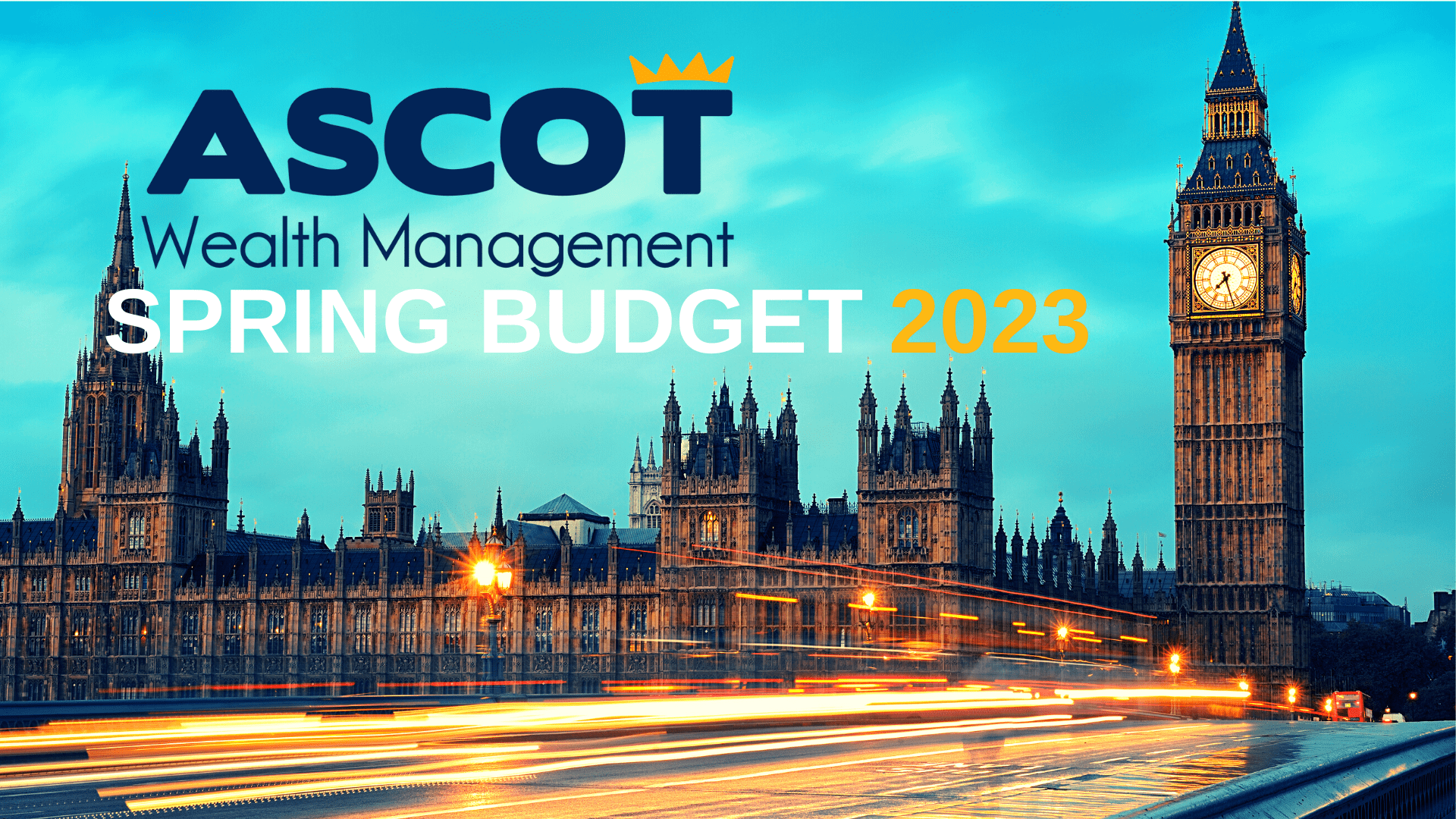Diversify Your Investments
Another key strategy for retirement investing is diversification. Diversifying your investments means spreading your money across different asset classes, such as stocks, bonds, and real estate. This strategy can help reduce your risk exposure and provide a more stable return on your investment.
Consider Your Risk Tolerance
When investing for retirement, it is essential to consider your risk tolerance. Your risk tolerance is your ability and willingness to tolerate the ups and downs of the market. A higher risk tolerance may mean investing more aggressively in stocks and other high-risk assets, while a lower risk tolerance may mean investing more conservatively in bonds and other low-risk assets.
Use Tax-Advantaged Retirement Accounts
Another important strategy for retirement investing is to use tax-advantaged retirement accounts. These accounts, such as a Personal Pension or a SIPP, allow you to save for retirement while receiving tax benefits.
A personal pension is a pension that you set up yourself, and you can contribute to it regularly. Contributions to personal pensions receive tax relief at your marginal tax rate.
A SIPP is a type of personal pension that gives you more control over how your money is invested. With a SIPP, you can choose the investments that you want to make, such as stocks and shares, and you can manage your pension yourself or with the help of a financial advisor.
Rebalance Your Portfolio Regularly
It is also important to rebalance your investment portfolio regularly. Rebalancing involves adjusting the allocation of your investments to maintain your desired asset mix. For example, if you started with an allocation of 60% stocks and 40% bonds, but the stock market has performed well, you may
Consider Working with a Financial Advisor
Finally, if you are unsure about how to invest for retirement or need help developing a retirement plan, consider working with a financial advisor. A financial advisor can provide personalised advice and help you create a retirement plan that is tailored to your goals and financial situation.
In conclusion, planning and investing for retirement is essential to ensure a comfortable and stress-free retirement. By starting early, diversifying your investments, considering your risk tolerance, using tax-advantaged retirement accounts, rebalancing your portfolio regularly, and working with a financial advisor, you can create a retirement plan that meets your needs and helps you achieve your goals.
Feel free to get in contact with us if this is something that might be of interest to you, whether you are unsure of how to go about it by yourself or feel that you would rather have some advice given to you by a qualified advisor.













